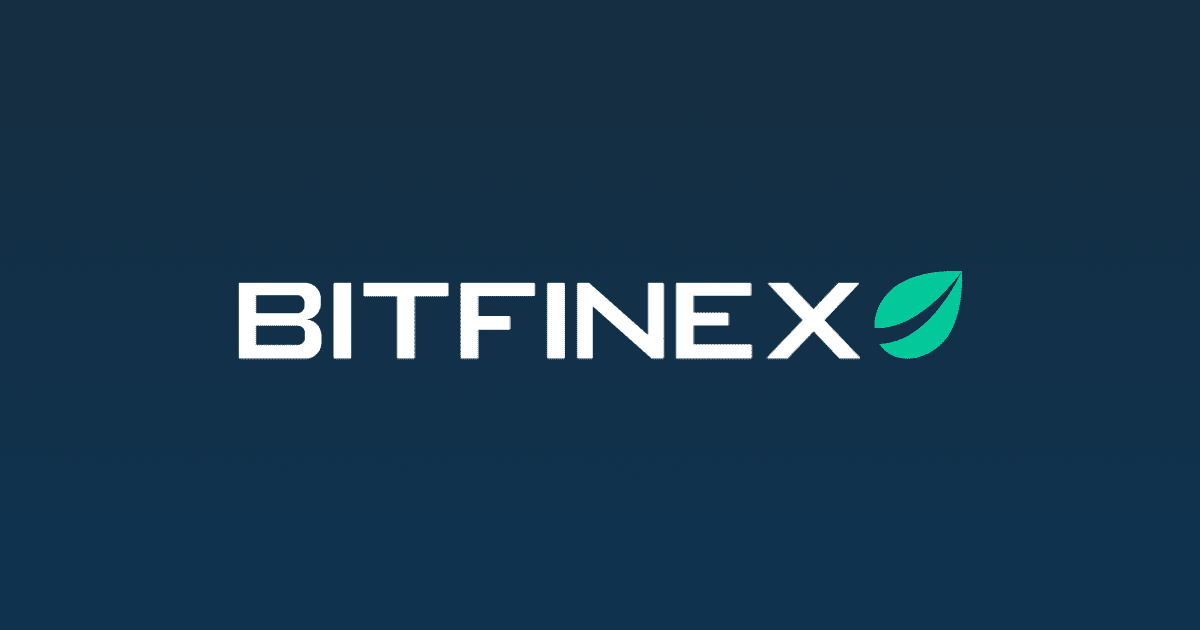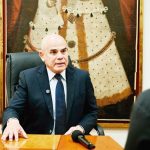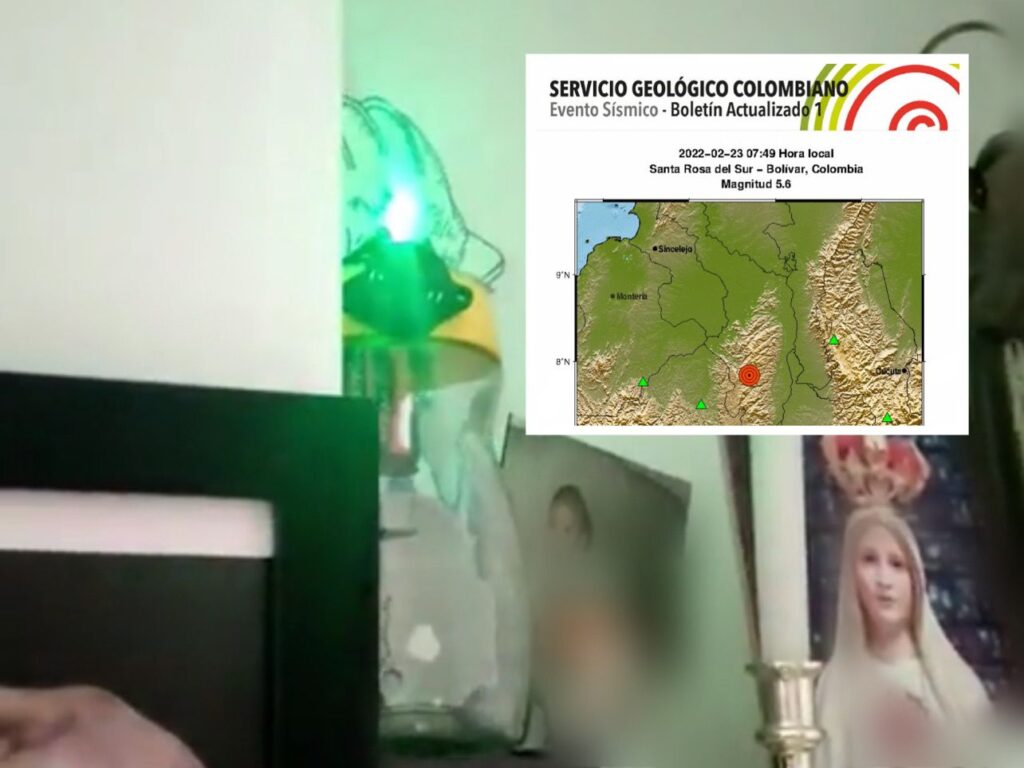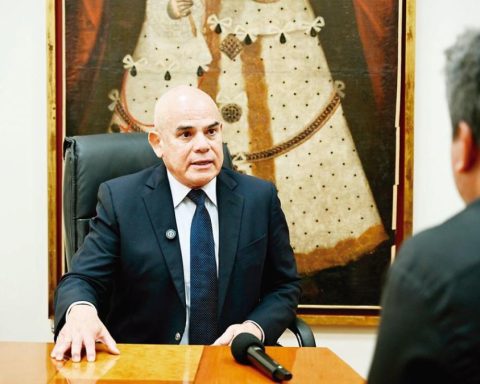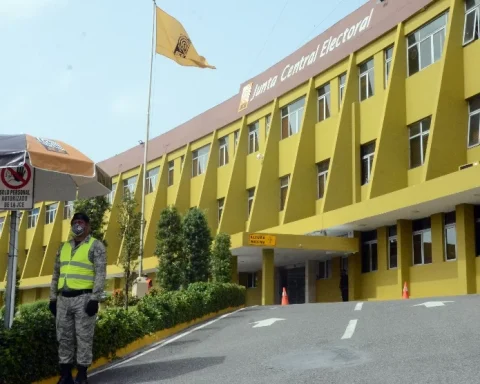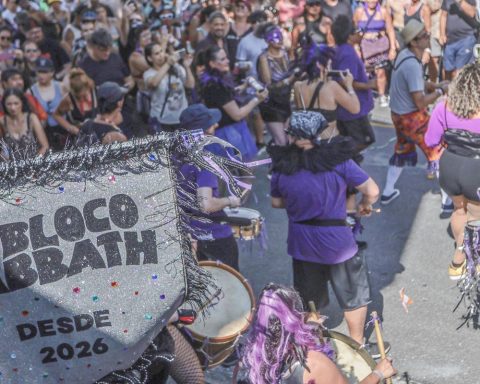As announced in November of last year, El Salvador plans to build the first bitcoin city in the world. This will initially be funded by bitcoin-backed bonds and built on a circle (similar to a coin) near the Conchagua Volcano.
The one in charge of enabling the government of El Salvador to operate with digitized financial instruments was Bitfinex, one of the most recognized exchanges worldwide: having obtained the regulatory license in El Salvador, the exchange supported the issuance of debt securities to build energy infrastructure for bitcoin mining through the Volcano Bonds.
To better understand what these bonuses are about, The Economist spoke with Paolo Ardoino, a computer scientist and blockchain technology executive, who also serves as Bitfinex’s CTO (Chief Technology Officer).
—What is a Volcano Bond?
—These are 10-year $1 billion tokens with a 6.5% coupon. Half of the proceeds would be allocated to buying bitcoin and the other half would be used to build the Bitcoin City infrastructure.
In this case, the technical qualities of the Liquid blockchain and the financial infrastructure of Bitfinex Securities are used to trade freely and safely, in addition to trusting in the strength of Bitcoin as a store of value.
Obviously, this is a historic step; we are talking about a hundred-year-old instrument, which can now be improved.
By creating the seeds of a more efficient, safe and free economy, we are combining many of the advantages of Bitcoin with the financial figures that have accompanied humanity during its development.
—What projects finance these tokens?
—From the initial issuance of USD 1,000 million in debt by the Government of El Salvador, 50% of the funds will be used to finance energy infrastructure works and bitcoin mining in the “Bitcoin City”, which seeks to be the financial hub of Central America. As for the other 50% of the funds, they will be used directly to buy Bitcoin.
—From a technical point of view, what makes these tokens different from the others?
—As we pointed out before, what differentiates them is the execution. Using the Liquid network allows these tokens to be freely transferred; From a market perspective, this would eliminate any bureaucratic paperwork for their purchase, sale and custody.
Second, Bitfinex will make it easier for the Government of El Salvador to issue the tokens to be distributed in a very liquid and dynamic market, removing many barriers for those interested in obtaining them.
These tokens will go far beyond surface level liquidity and time saving strategies. They will remove the financial barriers and obstacles associated with intermediaries, such as credit rating agencies, while facilitating the financing of an entire nation.
The scope of the tokens is international, anyone can invest in them. By using the Volcano Bonds, El Salvador does not have to resort to the use of International Credit Organizations (ICOs), which could refuse to finance a project like this (the Bitcoin City mining facility). It hits a wall of radically different economic beliefs than what Bitcoin represents.
—What investment advantages will these tokens have?
—The interest coupon will be 6.5%, a desirable rate compared to what the market typically offers. Even so, those who acquire these tokens could be more interested in the additional dividends obtained from the sale of BTC within the first five years.
The most conservative projections of the price of Bitcoin give a forecast that would place the profitability of the tokens above 100% per year; to put it colloquially, the funds obtained would “pay for themselves”.
Another point of interest is the cost of the token; starting price is $100; this amount in BTC, USDT or USD will allow the minimum purchase of one unit.
A more inclusive financial system is essential for the development of society. And this should not be underestimated as small investors are a rapidly growing population in this ecosystem. The accessibility to platforms that provide financial services, such as Bitfinex Securities, is the reason for this.
But it doesn’t end there; we know that the tokens will make possible part of the future Bitcoin City, which aims to be a financial hub like Singapore. To materialize this, it is necessary to give facilities to the capitals that are outside of El Salvador to settle in the country; That is why the tokens benefit the possibility of obtaining citizenship for being an investor, with the purchase of a thousand tokens or $100,000. As you can see, they are building more than a mining facility; we are talking about the seeds of something much bigger.
—At a legal level, what guarantees the offer of these tokens?
—These tokens offer guarantees similar to any other bond.
—What was the reaction of the public towards these tokens?
—If I had to use a word, it would be “VIRAL”; however, digging deeper, you can feel the excitement of the ecosystem. What is really curious is that this positive reception is coming from more than just Bitcoin enthusiasts. There is also a more traditional public (the precoiners) who perceive what is happening in a positive way, and it makes all the sense in the world. These tokens can be seen as a harmonious coexistence between two systems that were perceived as completely antagonistic a few years ago.
This enthusiasm can also be gauged in the questions from the public: which country will be the next to issue tokenized bonds? Will the next step be the launch of the IPO? Like these questions, there are many more, and they are vital because they point the way forward. Let us remember that all this arises from the needs of the market, and the market itself tells us where to go.
Instagram:
BFXLeos Community: https://www.instagram.com/bfxleosesp/
Bitfinex: https://www.instagram.com/bitfinex/?hl=en
Twitter:
@BFXLeos Community: https://twitter.com/BFXLeosESP
Paul: https://twitter.com/paoloardoino
@Bitfinex in Spanish: https://twitter.com/BitfinexSpanish

Branded Content is the commercial content unit of El Economista that gives value to brands with content that is worth reading.
